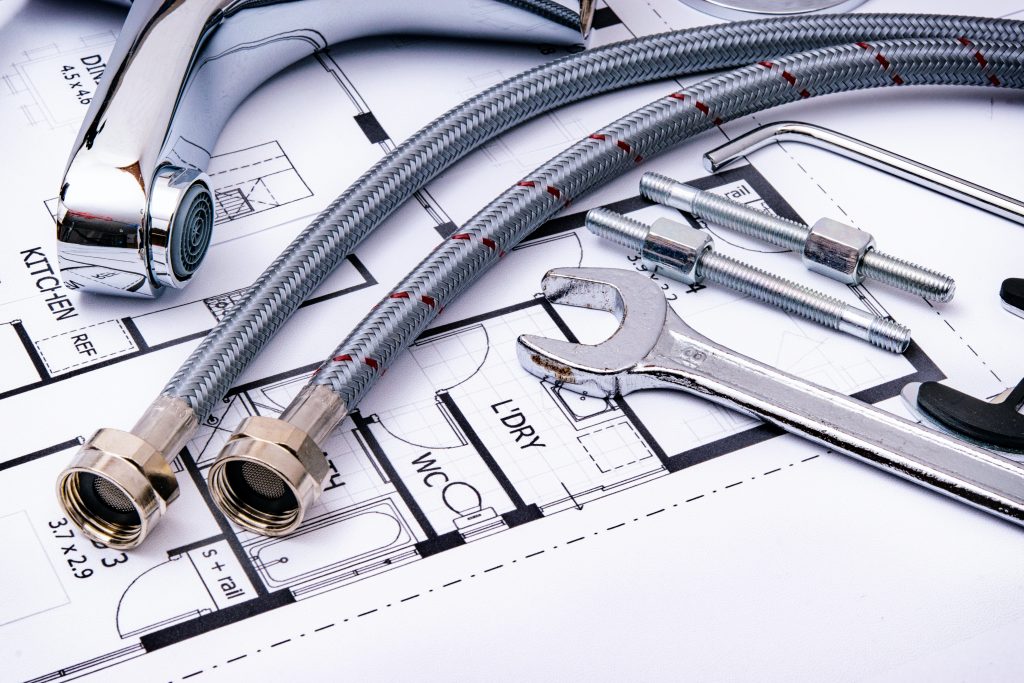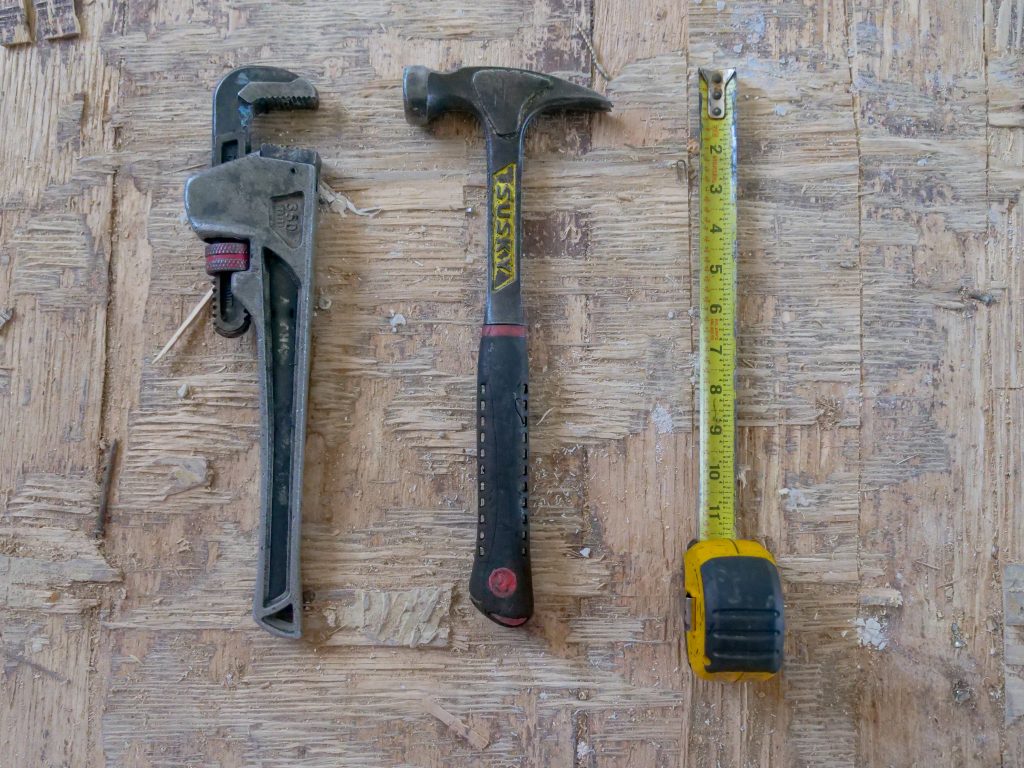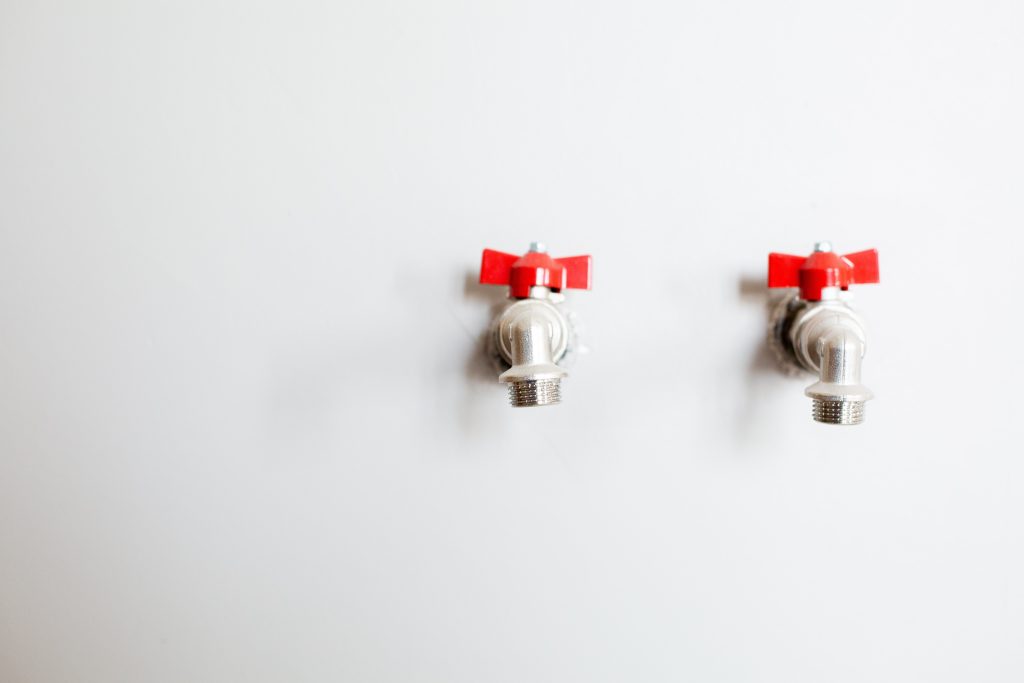
Plumbing maintenance is more than just a routine chore; it’s a critical aspect of home care that ensures the health, safety, and functionality of your living environment. From preventing costly repairs to safeguarding against water damage and promoting water efficiency, regular plumbing maintenance plays a pivotal role in maintaining the integrity of your home’s plumbing system. Let’s explore the importance of plumbing maintenance and the benefits it provides to homeowners.
Regular plumbing maintenance helps identify and address minor issues before they escalate into major problems. By inspecting pipes, fixtures, and appliances for signs of leaks, corrosion, or damage, homeowners can catch issues early and prevent them from causing extensive damage to their property. Addressing minor repairs promptly can save homeowners significant time and money in the long run by avoiding the need for costly emergency repairs or replacements.

Water damage is one of the most common and costly issues faced by homeowners, often resulting from leaks or burst pipes. Regular plumbing maintenance helps detect and repair leaks before they lead to water damage to walls, floors, ceilings, and furnishings. By ensuring that pipes are properly insulated, fittings are secure, and appliances are functioning correctly, homeowners can mitigate the risk of water damage and preserve the structural integrity of their homes.
Efficient plumbing systems not only save water but also reduce utility costs and environmental impact. Regular maintenance helps ensure that fixtures and appliances, such as faucets, toilets, and water heaters, are operating efficiently and without wastage. By checking for leaks, repairing or replacing faulty components, and installing water-saving devices, homeowners can conserve water, lower their water bills, and contribute to environmental sustainability.
Proper plumbing maintenance is essential for ensuring the health and hygiene of your home environment. Leaky pipes or stagnant water can create ideal conditions for mold, mildew, and bacteria to thrive, posing health risks to occupants. Regular maintenance helps prevent moisture buildup, eliminate standing water, and ensure that drainage systems are functioning properly, reducing the risk of indoor air quality issues and waterborne illnesses.

Just like any other mechanical system, plumbing systems require regular upkeep to perform optimally and last longer. By conducting routine inspections, cleaning drains, and performing preventive maintenance tasks, homeowners can extend the lifespan of their plumbing systems and avoid premature failure or deterioration. Investing in regular maintenance can save homeowners money by delaying the need for costly replacements and prolonging the longevity of their plumbing infrastructure.
Plumbing maintenance is a fundamental aspect of home care that ensures the health, safety, and functionality of your living environment. By preventing costly repairs, protecting against water damage, promoting water efficiency, maintaining health and hygiene, and extending the lifespan of plumbing systems, regular maintenance provides homeowners with peace of mind and confidence in the reliability of their home’s plumbing infrastructure. As an essential part of home ownership, plumbing maintenance should be prioritized to safeguard the long-term integrity and value of your property.
